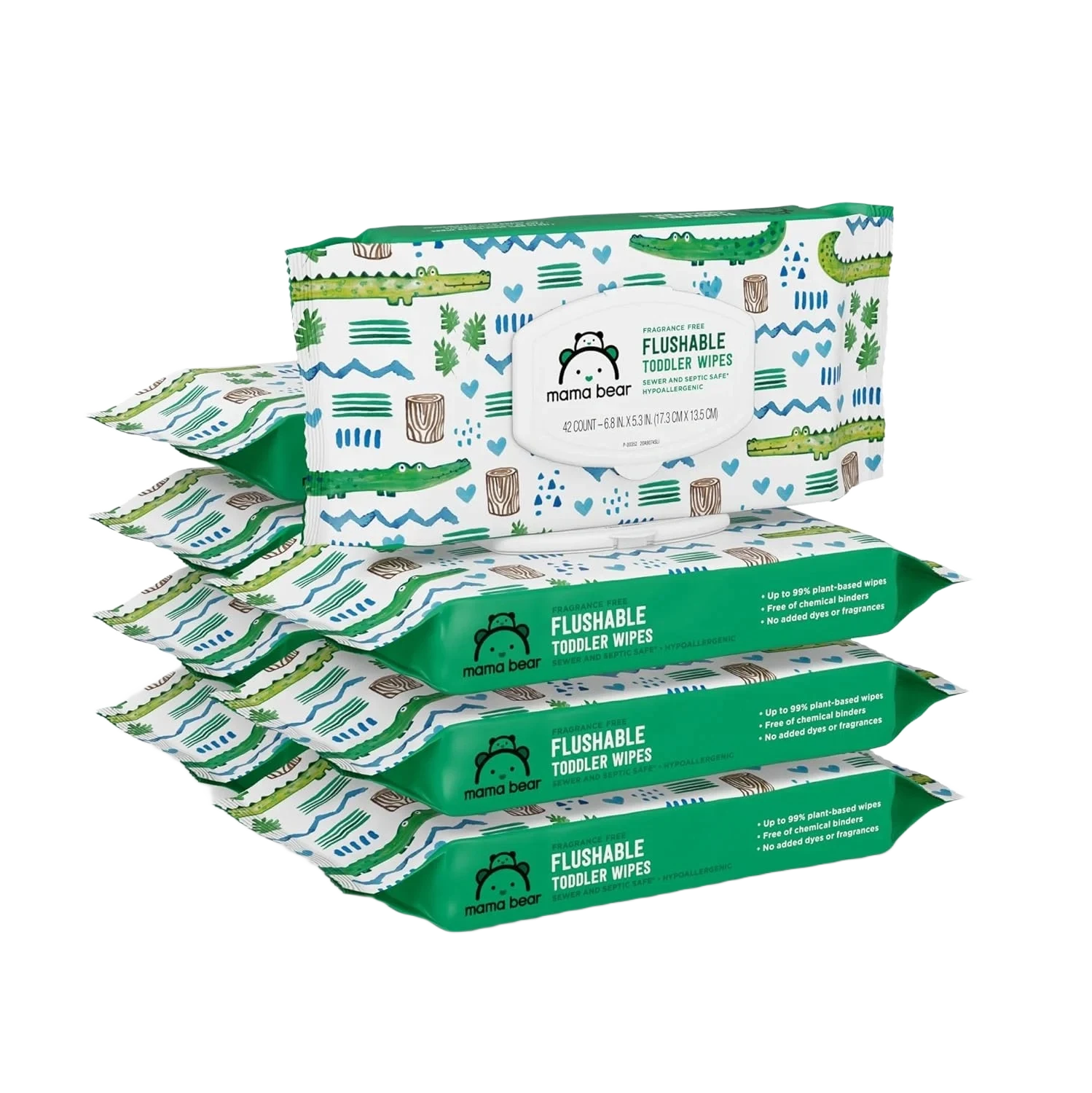mama bear FLUSHABLE TODDLER WIPES
baby wipes • For 5+ year old children • Skin contact 🧴
Product Images
Product Photo

Tap to enlarge
Ingredient List

Tap to enlarge
Is this kid-friendly to use mama bear FLUSHABLE TODDLER WIPES?
Check for Different Age (6 available)
Ingredients Analysis (15 found)







Common Questions About mama bear FLUSHABLE TODDLER WIPES
Kid-approved? mama bear FLUSHABLE TODDLER WIPES
Yes, mama bear FLUSHABLE TODDLER WIPES is generally considered safe for 5+ year old children based on ingredient analysis.
What ingredients should I watch out for?
We analyzed 15 ingredients in mama bear FLUSHABLE TODDLER WIPES. 15 safe. Check the detailed analysis above for specific concerns.
When can kids start using baby wipes?
The appropriate age depends on the specific ingredients. This analysis is for 5+ year old children. Use the age selector above to check other ages.
⚠️ Important Disclaimers
Product Recognition: Product names are identified programatically and may be incorrect. Always verify product identity yourself.
Safety Analysis: Evaluations are for research only - consult pediatricians for medical decisions. Do not rely solely on this analysis.
No Guarantees: Results may be incomplete or inaccurate. Do not rely solely on this analysis.